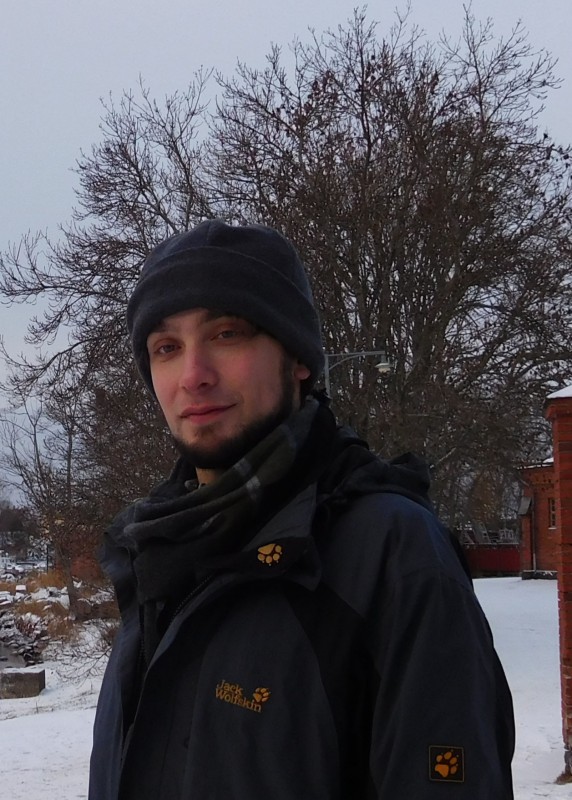KLI Colloquia are invited research talks of about an hour followed by 30 min discussion. The talks are held in English, open to the public, and offered in hybrid format.
Fall-Winter 2025-2026 KLI Colloquium Series
Join Zoom Meeting
https://us02web.zoom.us/j/5881861923?omn=85945744831
Meeting ID: 588 186 1923
25 Sept 2025 (Thurs) 3-4:30 PM CET
A Dynamic Canvas Model of Butterfly and Moth Color Patterns
Richard Gawne (Nevada State Museum)
14 Oct 2025 (Tues) 3-4:30 PM CET
Vienna, the Laboratory of Modernity
Richard Cockett (The Economist)
23 Oct 2025 (Thurs) 3-4:30 PM CET
How Darwinian is Darwinian Enough? The Case of Evolution and the Origins of Life
Ludo Schoenmakers (KLI)
6 Nov (Thurs) 3-4:30 PM CET
Common Knowledge Considered as Cause and Effect of Behavioral Modernity
Ronald Planer (University of Wollongong)
20 Nov (Thurs) 3-4:30 PM CET
Rates of Evolution, Time Scaling, and the Decoupling of Micro- and Macroevolution
Thomas Hansen (University of Oslo)
RESCHEDULED: 18 Dec (Thurs) 3-4:30 PM CET
Chance, Necessity, and the Evolution of Evolvability
Cristina Villegas (KLI)
8 Jan 2026 (Thurs) 3-4:30 PM CET
Embodied Rationality: Normative and Evolutionary Foundations
Enrico Petracca (KLI)
15 Jan 2026 (Thurs) 3-4:30 PM CET
On Experimental Models of Developmental Plasticity and Evolutionary Novelty
Patricia Beldade (Lisbon University)
29 Jan 2026 (Thurs) 3-4:30 PM CET
Jan Baedke (Ruhr University Bochum)
Event Details

Topic description / abstract:
Organisms are characterized by the astonishing diversity and complexity of their forms. Yet, development has to ensure that these forms are robustly reproduced between generations, while allowing for some variation. In this talk, I will present how a computational model combining gene regulatory dynamics, cell-cell signalling, biomechanics and cell behaviours may help identify developmental and variational commonalities between complex and stable morphologies. We show that cell-cell signalling contributes to stabilizing morphologies rather than increasing their complexity, which has implications for the evolution of early multicellular life. We also show that increasing complexity has consequences for the genotype-phenotype map and, thus, for the appearance of novelties and further morphological evolution. Finally, I will present a specific model of turtle shell development which suggests that environmental, i.e. non-genetic, factors may play an underestimated role in generating morphological variation.
Biographical note:
Roland Zimm studies evo-devo questions using mathematical models. In particular, he is interested in relating development with patterns of phenotypic variation. He completed his Biology studies at the Technical University of Dresden with a theoretical model of cell type transdifferentiation to join Isaac Salazar-Ciudad’s group at Helsinki University. Currently, he is finishing his PhD at the KLI.


